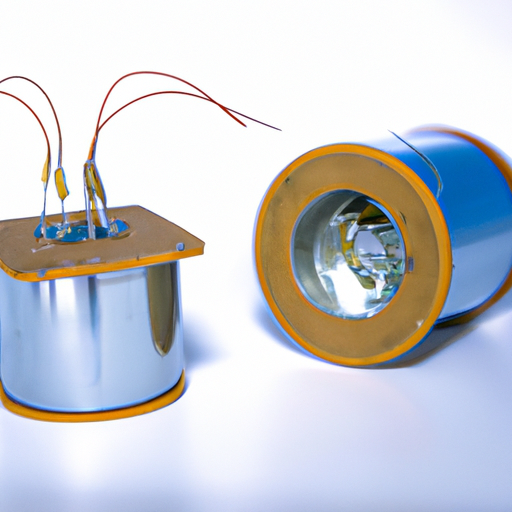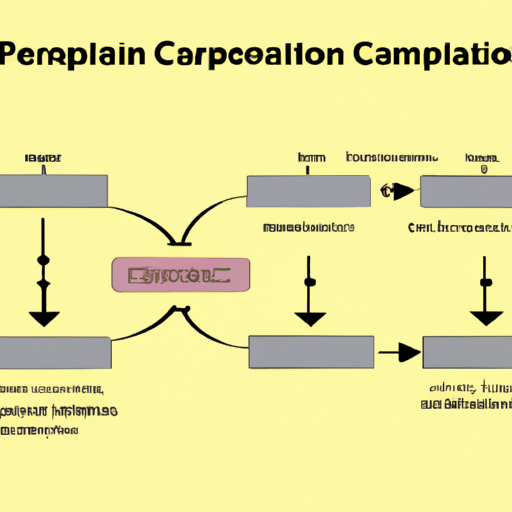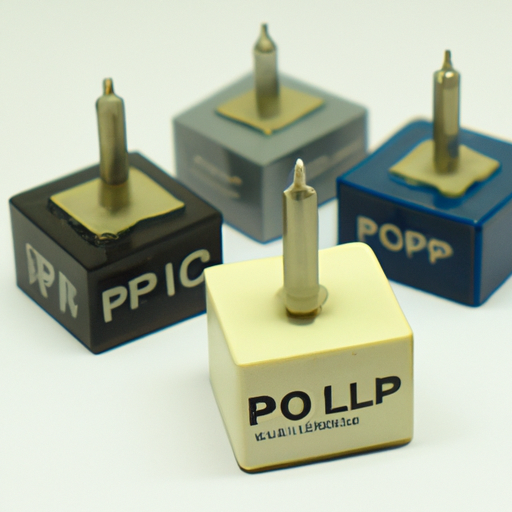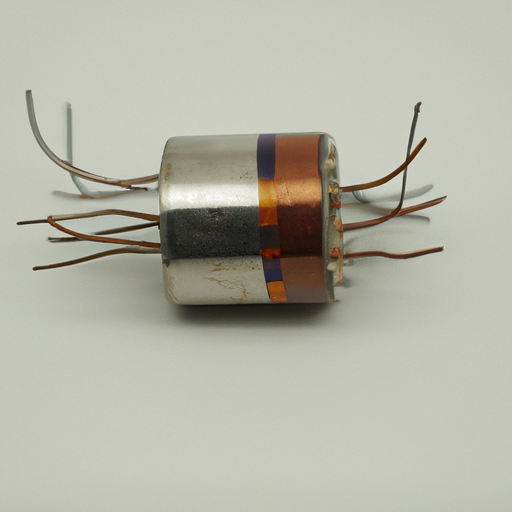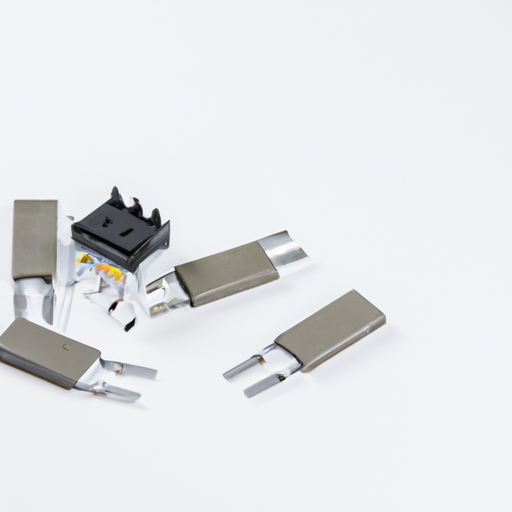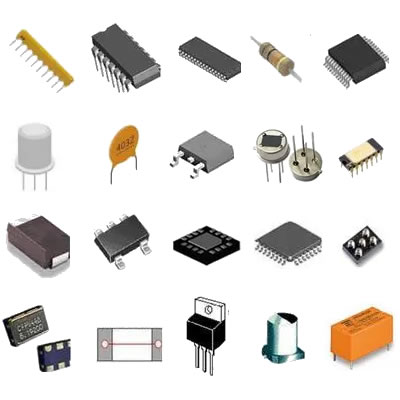What are the advantages of capacitor reactor products?
What are the Advantages of Capacitor Reactor Products?
I. Introduction
In the realm of electrical systems, efficiency and stability are paramount. One of the key components that contribute to these attributes is the capacitor reactor product. These devices play a crucial role in enhancing the performance of electrical systems, particularly in industrial and commercial applications. This article aims to explore the advantages of capacitor reactor products, shedding light on their functionality, benefits, and applications.
II. Understanding Capacitor Reactors
A. Basic Principles of Capacitors and Reactors
To appreciate the advantages of capacitor reactor products, it is essential to understand the basic principles behind capacitors and reactors.
1. **Capacitors: Function and Characteristics**
Capacitors are electrical components that store and release electrical energy. They consist of two conductive plates separated by an insulating material, known as a dielectric. When voltage is applied, capacitors accumulate charge, which can be released when needed. Their primary function is to smooth out voltage fluctuations and provide reactive power in electrical systems.
2. **Reactors: Function and Characteristics**
Reactors, on the other hand, are inductive components that resist changes in current. They are essentially coils of wire that create a magnetic field when current flows through them. Reactors are used to limit the flow of current, reduce harmonics, and improve the overall stability of electrical systems.
B. How Capacitor Reactors Work
1. **Combination of Capacitors and Reactors**
Capacitor reactors combine the functionalities of both capacitors and reactors. By integrating these two components, capacitor reactors can provide reactive power support while also mitigating the adverse effects of harmonics and voltage fluctuations.
2. **Role in Power Factor Correction**
One of the primary roles of capacitor reactors is power factor correction. Power factor is a measure of how effectively electrical power is being converted into useful work output. A low power factor indicates that a significant amount of energy is wasted, leading to higher energy costs and reduced system efficiency. Capacitor reactors help improve the power factor by compensating for the inductive loads in the system.
III. Advantages of Capacitor Reactor Products
A. Improved Power Factor
1. **Definition of Power Factor**
Power factor is defined as the ratio of real power (used to perform work) to apparent power (the total power flowing in the circuit). A power factor of 1 (or 100%) indicates that all the power is being effectively converted into work.
2. **Benefits of a High Power Factor**
A high power factor reduces energy losses in the system, leading to lower electricity bills. Utilities often charge penalties for low power factors, making it financially advantageous for businesses to maintain a high power factor.
B. Enhanced Voltage Stability
1. **Voltage Regulation**
Capacitor reactors help regulate voltage levels within electrical systems. By providing reactive power support, they stabilize voltage fluctuations, ensuring that equipment operates within its specified voltage range.
2. **Reduction of Voltage Fluctuations**
Voltage fluctuations can lead to equipment malfunctions and reduced operational efficiency. Capacitor reactors mitigate these fluctuations, enhancing the reliability of electrical systems.
C. Increased System Efficiency
1. **Reduction of Energy Losses**
By improving the power factor and stabilizing voltage levels, capacitor reactors significantly reduce energy losses in electrical systems. This increased efficiency translates to lower energy consumption and reduced operational costs.
2. **Lower Operating Costs**
With reduced energy losses and improved efficiency, businesses can enjoy lower operating costs. This financial benefit is particularly significant in large industrial settings where energy consumption is substantial.
D. Mitigation of Harmonics
1. **Understanding Harmonics in Electrical Systems**
Harmonics are voltage or current waveforms that deviate from the fundamental frequency of the electrical system. They can cause overheating, equipment damage, and increased energy losses.
2. **Role of Capacitor Reactors in Harmonic Filtering**
Capacitor reactors play a vital role in filtering out harmonics from electrical systems. By providing a path for harmonic currents, they help maintain the integrity of the power supply and protect sensitive equipment.
E. Extended Equipment Life
1. **Reduced Stress on Electrical Equipment**
By stabilizing voltage levels and reducing harmonics, capacitor reactors reduce the stress on electrical equipment. This leads to fewer breakdowns and extends the lifespan of machinery and devices.
2. **Lower Maintenance Costs**
With less wear and tear on equipment, businesses can expect lower maintenance costs. This not only saves money but also minimizes downtime, enhancing overall productivity.
F. Compact Design and Space Efficiency
1. **Space-Saving Benefits**
Capacitor reactor products are designed to be compact, making them suitable for installations where space is limited. Their small footprint allows for easy integration into existing electrical systems.
2. **Integration into Existing Systems**
The versatility of capacitor reactors enables them to be seamlessly integrated into various electrical setups, enhancing their appeal for businesses looking to upgrade their systems without extensive modifications.
G. Environmental Benefits
1. **Reduction in Carbon Footprint**
By improving energy efficiency and reducing energy consumption, capacitor reactors contribute to a lower carbon footprint. This aligns with global efforts to promote sustainable energy practices.
2. **Contribution to Sustainable Energy Practices**
As industries and businesses strive to adopt more sustainable practices, capacitor reactors play a crucial role in facilitating this transition by optimizing energy use and reducing waste.
IV. Applications of Capacitor Reactor Products
A. Industrial Applications
1. **Manufacturing Facilities**
In manufacturing settings, capacitor reactors are essential for maintaining power quality and efficiency. They help manage the reactive power demands of heavy machinery, ensuring smooth operations.
2. **Heavy Machinery**
Heavy machinery often requires significant amounts of reactive power. Capacitor reactors provide the necessary support, enhancing performance and reducing energy costs.
B. Commercial Applications
1. **Office Buildings**
In commercial buildings, capacitor reactors help improve power quality, reduce energy costs, and enhance the overall efficiency of electrical systems.
2. **Retail Spaces**
Retail environments benefit from capacitor reactors by maintaining stable voltage levels, ensuring that lighting and other electrical systems operate optimally.
C. Renewable Energy Systems
1. **Wind Farms**
Capacitor reactors are increasingly used in renewable energy systems, such as wind farms, to manage reactive power and improve overall system stability.
2. **Solar Power Plants**
In solar power plants, capacitor reactors help optimize energy output and maintain power quality, contributing to the efficiency of renewable energy generation.
V. Challenges and Considerations
A. Initial Investment Costs
While the long-term benefits of capacitor reactor products are significant, the initial investment can be a barrier for some businesses. It is essential to conduct a cost-benefit analysis to determine the feasibility of implementation.
B. Proper Sizing and Selection
Selecting the right size and type of capacitor reactor is crucial for optimal performance. Improper sizing can lead to inefficiencies and potential resonance issues.
C. Maintenance Requirements
Although capacitor reactors generally require less maintenance than other electrical components, regular inspections and maintenance are still necessary to ensure their longevity and effectiveness.
D. Potential Resonance Issues
In some cases, capacitor reactors can create resonance conditions in electrical systems, leading to voltage spikes and equipment damage. Proper design and installation can mitigate these risks.
VI. Conclusion
In summary, capacitor reactor products offer numerous advantages that enhance the performance and efficiency of electrical systems. From improving power factor and voltage stability to mitigating harmonics and extending equipment life, these devices play a vital role in modern electrical infrastructure. As industries continue to prioritize energy efficiency and sustainability, the importance of capacitor reactor products will only grow.
Looking ahead, advancements in capacitor reactor technology promise to further enhance their capabilities, making them an indispensable component in the quest for efficient and reliable electrical systems. Embracing these innovations will not only benefit businesses economically but also contribute to a more sustainable future.
VII. References
- Academic Journals
- Industry Reports
- Technical Manuals and Guidelines
By understanding the advantages of capacitor reactor products, businesses can make informed decisions that lead to improved efficiency, reduced costs, and a more sustainable approach to energy use.

